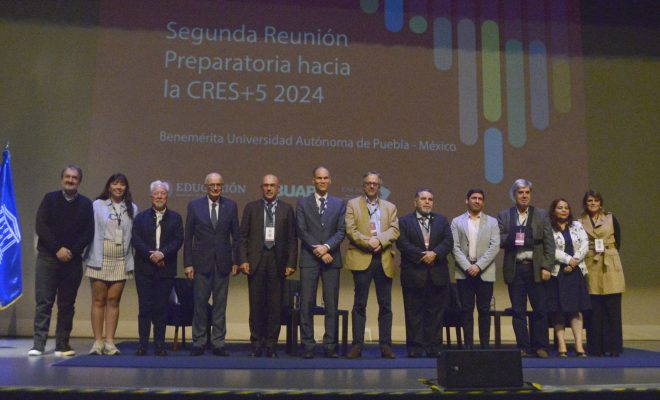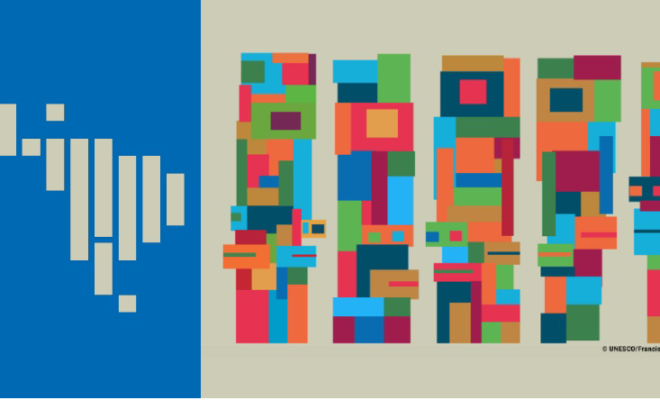Technology has come to stay in higher education

The III International High Tech Forum was held on October 2nd, 2019, at the Country Club Hotel in Lima, Peru. The event was organized by the Servicio Nacional de Adiestramiento en Trabajo Industrial SENATI (National Industrial Labor Training Service), an institution created by the initiative of the Sociedad Nacional de Industrias (National Society of Industries), with the purpose of providing professional training and preparation in the industrial and economic areas.
The Forum’s objective was to socialize successful international experiences of digital transformation in different technical-vocational and university educational models from different parts of the world, as is indicated by the Service’s website. Currently, technology is impelling processes of digitalization and transformation, forcing higher education institutions to adapt their means, contents and objectives to the reality of the digital world.
Within the framework of this meeting, the UNESCO International Institute for Higher Education in Latin America and the Caribbean (IESALC) participated in the inaugural block “Digital Transformation Model in Higher Education, Latin America perspective”. The Institute’s director, Francesc Pedró, talked about how technology has come to stay in higher education. He supported this statement with figures, for example, around the percentage of European universities that use e-learning for different purposes: 38% implement on-line courses, 25% offer on-line degrees, 10% propose on-line courses in conjunction with other institutions of higher education, while 24% wish to implement Free Online Courses (MOOC).
For IESALC, confidence in higher online education is gaining spaces to such a point that the United States, China, the United Kingdom, India and the European Union, represented in their adult population, consider that on-line education will surpass traditional education in the next ten years. “From 2013 to 2016, the students’ opinions regarding the importance of implementing courses that have some components on-line, have changed” said Pedró.
Regarding the expectations that UK companies have about HE graduates: willingness to solve problems (51%), teamwork (33%), communications management (26%), critical thinking (21%), creativity (18%), instruction (15%), digital instruction (15%), leadership (14%), foreign languages (14%), are among some of the qualities that prepare recent graduates to face the 4.0 world.
To conclude, it was advanced that the IESALC will soon study how technologies such as learning metrics, blockchain and artificial intelligence are already having an impact on higher education, thus contributing to study their potential benefits and risks based on the experience of some leading universities both at a regional and international scale.
Download the presentation (in Spanish) “Digital transformation of higher education. International Trends ”.
RELATED ITEMS








